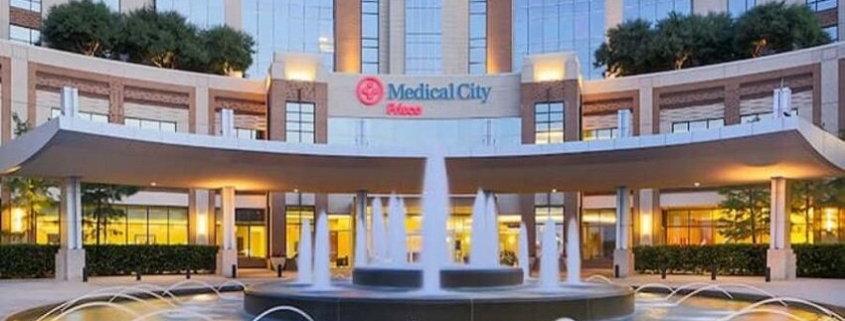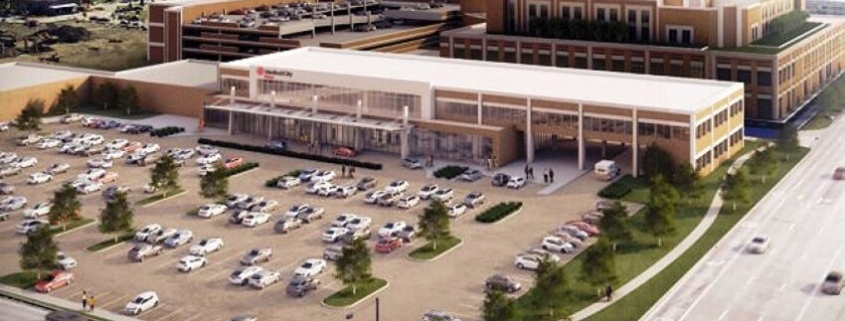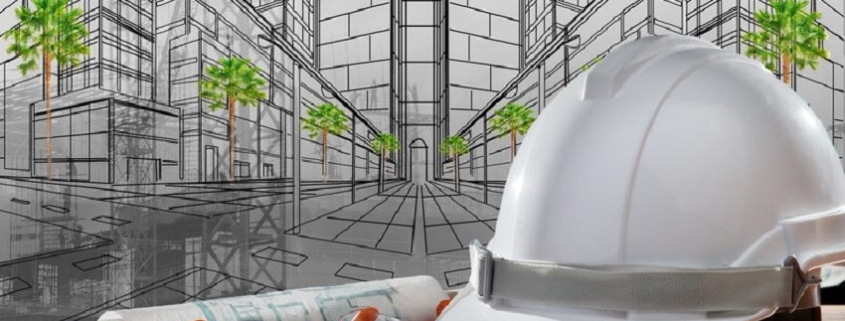Medical City Frisco Opens $91M Patient Tower
Medical City Frisco’s new patient tower, located at 5500 Frisco Square Blvd., is readying to accept patients after a ribbon-cutting ceremony held on December 9th.
The $91 million project features 118,500 square feet of space, 36 additional patient beds and two floors. The building’s foundation allows for future construction of six more floors, according to a Medical City Frisco news release.
Additional project features include large patient rooms, a spacious waiting area and 300 more parking spaces.
“The project also includes enhancements to the hospital’s emergency department to facilitate better access for emergency medical service vehicles and staff. A new EMS entrance is planned to be operational later in December,” Medical City Frisco CEO Patrick Rohan said.
The new patient tower will accept patients starting Dec. 13. The project is part of Medical City Healthcare’s plans to invest $1.1 billion into its health care system in North Texas. It follows the completion of a $54 million, 150,000-square-foot medical office building that opened in 2020.
“Medical City Frisco is proud to continue to invest in our community and to live out our mission demonstrating our commitment to the care and improvement of human life,” Rohan said.
Source: Community Impact





